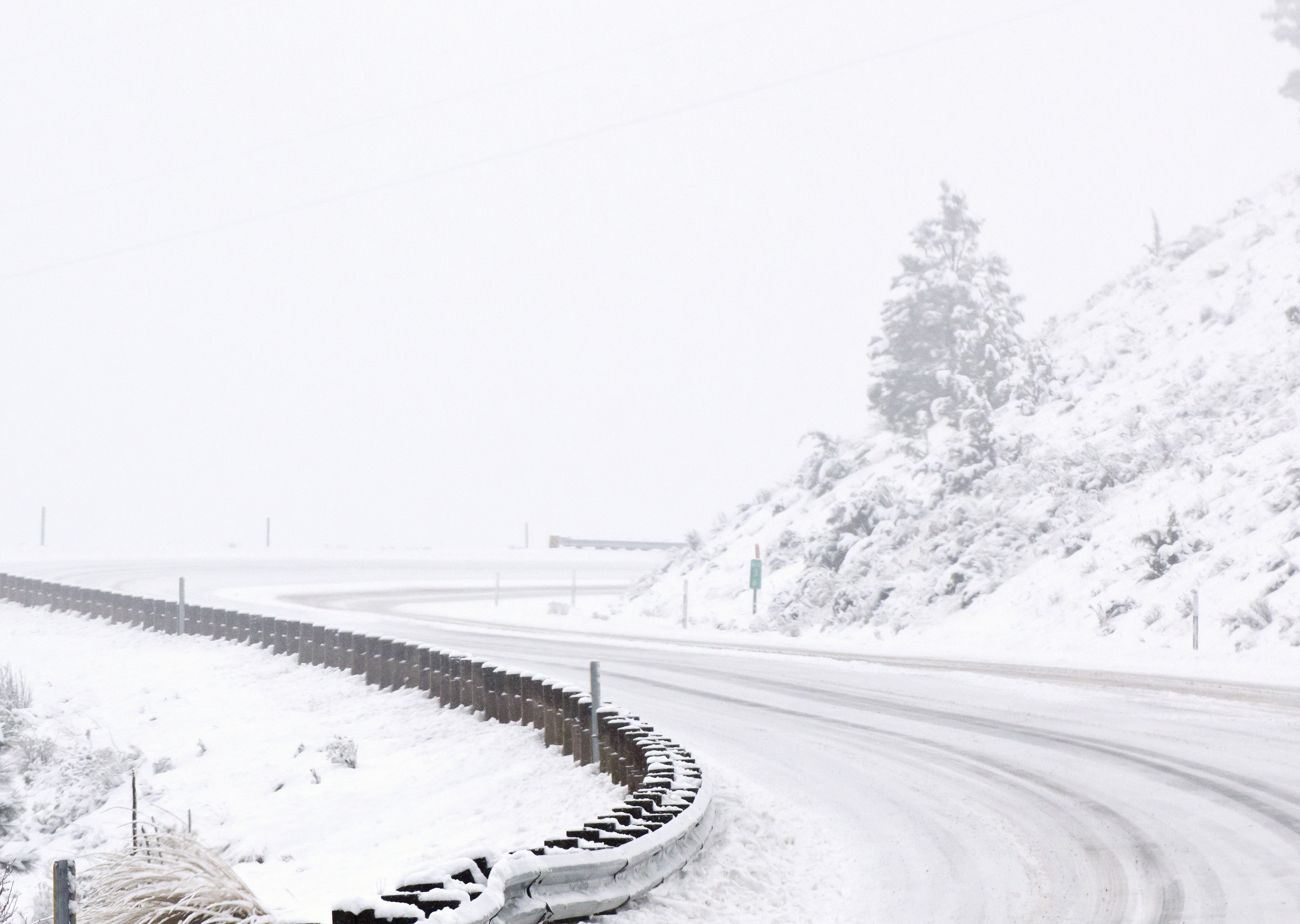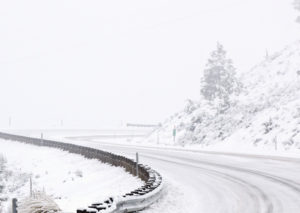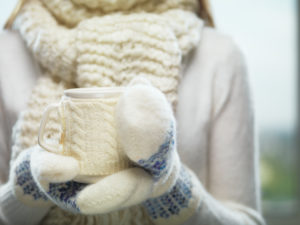
Winter Brings Challenges and Blessings to Seniors
By Terri Murphy
The holiday season brought special times to the lives of many seniors. They enjoyed family gatherings, special times with friends, and gift giving. It is a time when seniors reflect on their lives, understand their place in the history of their family and they watch the younger generations prepare to move forward with their lives. But then the long winter sets in and many find themselves lonely and isolated.
Some seniors have little or no family or are separated by long distances. This can make the winter a bit long and difficult.
Seniors find themselves coping with the physical effects of winter, such as early darkness, slippery sidewalks, and the cold. Lack of support can make these things worse and can lead to depression, withdrawal and even suicide. Family, friends, professionals, etc. can help the emotional, social and physical health of seniors and can keep them safe during the winter time. Even with modern housing and technically advanced clothing, boots, supplies, etc., winter imposes more hazards to seniors’ health than to younger people. The hazards can range from uncomfortable to life threatening. Some of the winter issues that seniors face are:
- Hypothermia – Seniors should have the indoor heat set at 65 or above and should have on sufficient clothing. Hypothermia can occur outside as well if they do not dress appropriately
- Food scarcity – Make sure there is enough food stocked in the home in case of periods of severe weather.
- Fractures due to falling are also a risk. Remove snow and ice from steps, walk ways, etc.
- Heart attacks and back injuries from shoveling heavy snow are more common place.
- Traffic accidents are more common due to slippery conditions.
- Pneumonia and influenza happen more frequently and with greater severity.
Seniors face emotional and social challenges as well.
- Isolation – People stay inside and interact less with friends and family.
- Seasonal Affective Disorder – This is depression triggered by the lack of sunlight.
- Confusion-Days are short and nights are long, so confusion about the time of day can occur.
- Depression – This can lead to poor appetite and nutrition when seniors are alone.
To help with these issues, try to find a reliable and caring support system for the senior. It is important to check in on them daily. This can be done by neighbors, friends or family. If they speak with someone daily, there is less risk of emotional problems. A personal visit a couple times per week can ensure walks are shoveled, there is enough food in the home and that the home is warm enough. It will also allow someone to pick up on signs of depression. If signs are noticed, medical treatment is essential. Someone in the senior’s support system must make an appointment with their physician and take the senior to the appointment. It may even be necessary to sit in during the appointment to make sure that the senior is correctly describing the current situation and to assist in obtaining any medication or further treatment that is recommended by the physician. Side effects and positive effects should then be reported back to the Doctor, if not by the patient, then by the concerned person.
With preparation and a good support plan, winter can be a great time for seniors. It is most important to remember the needs of seniors in our lives and communities and help them avoid any physical, social and emotional challenges during the winter.



